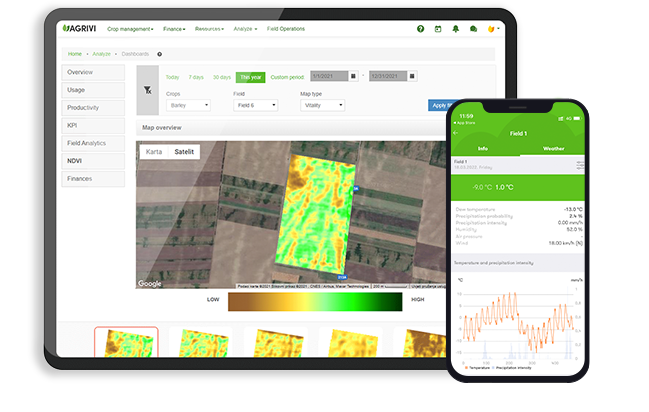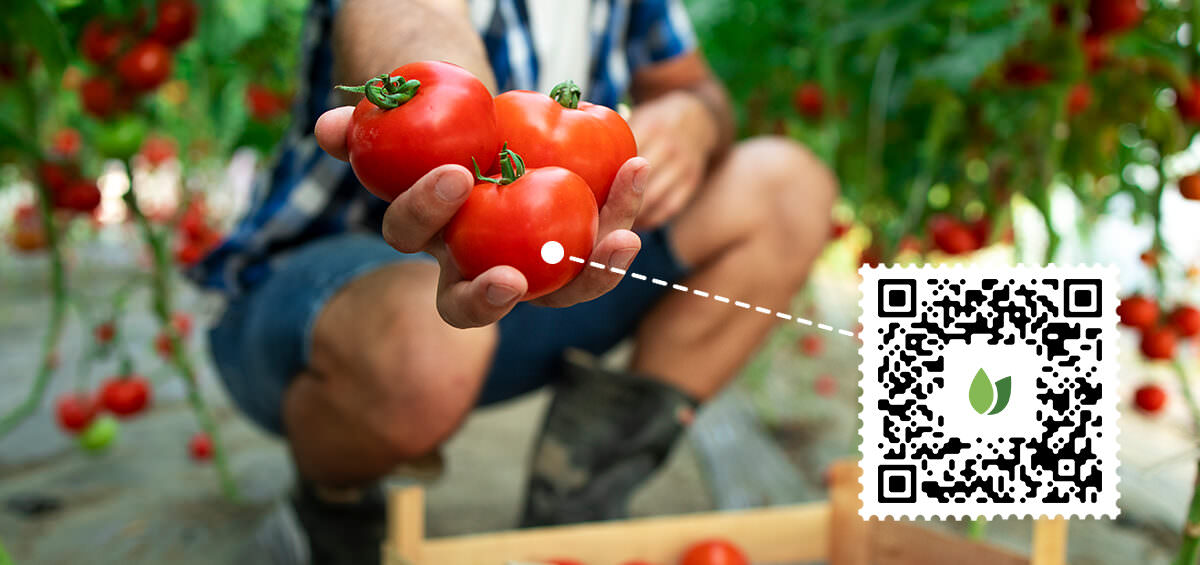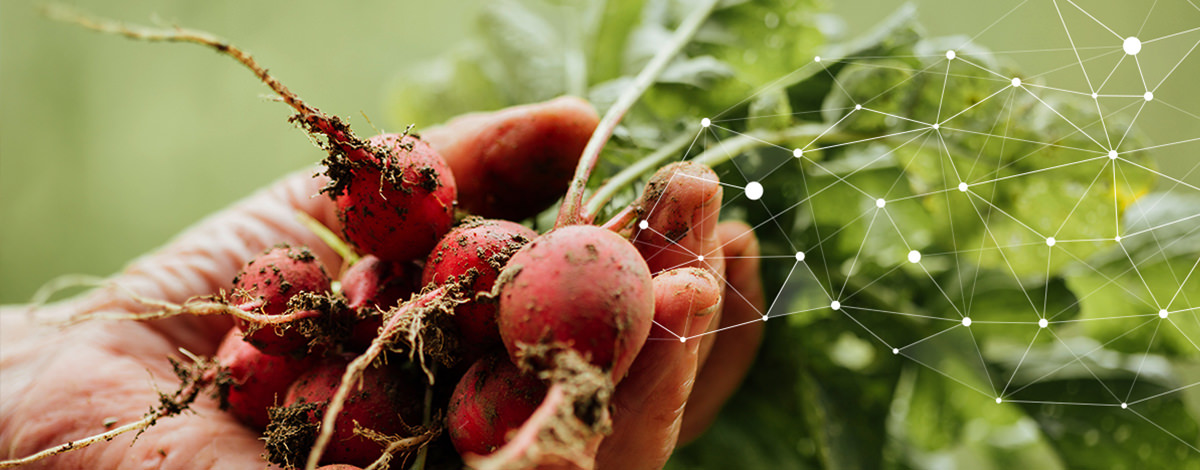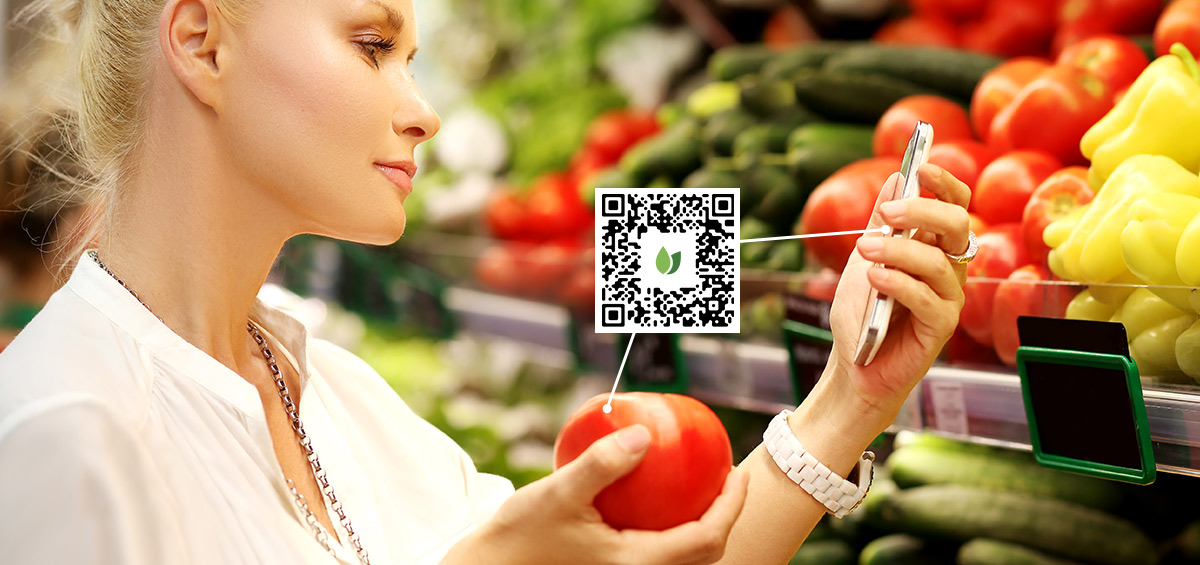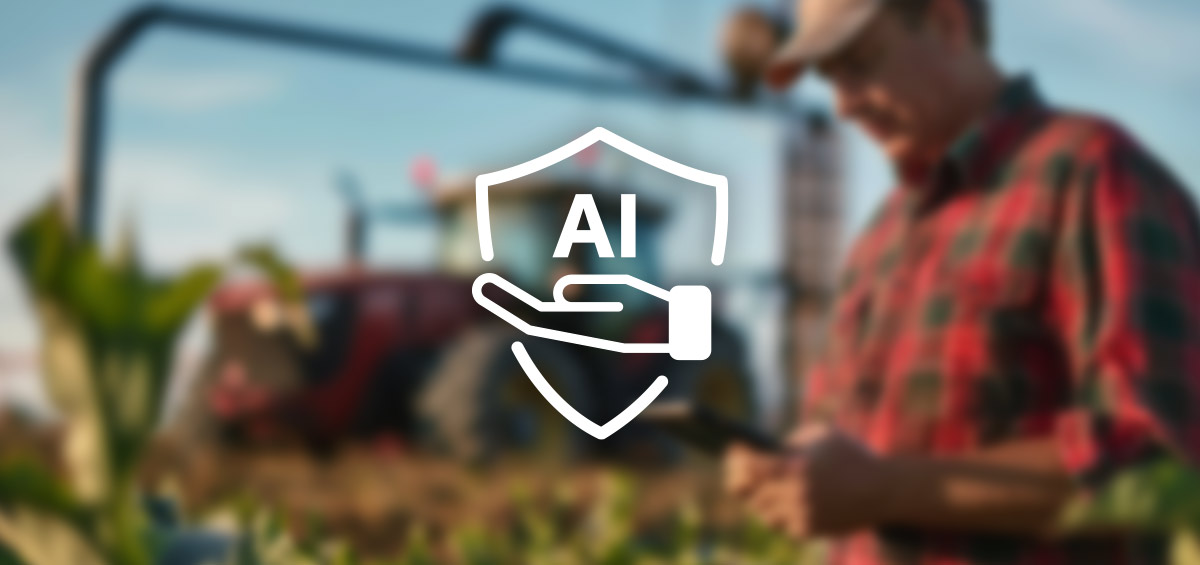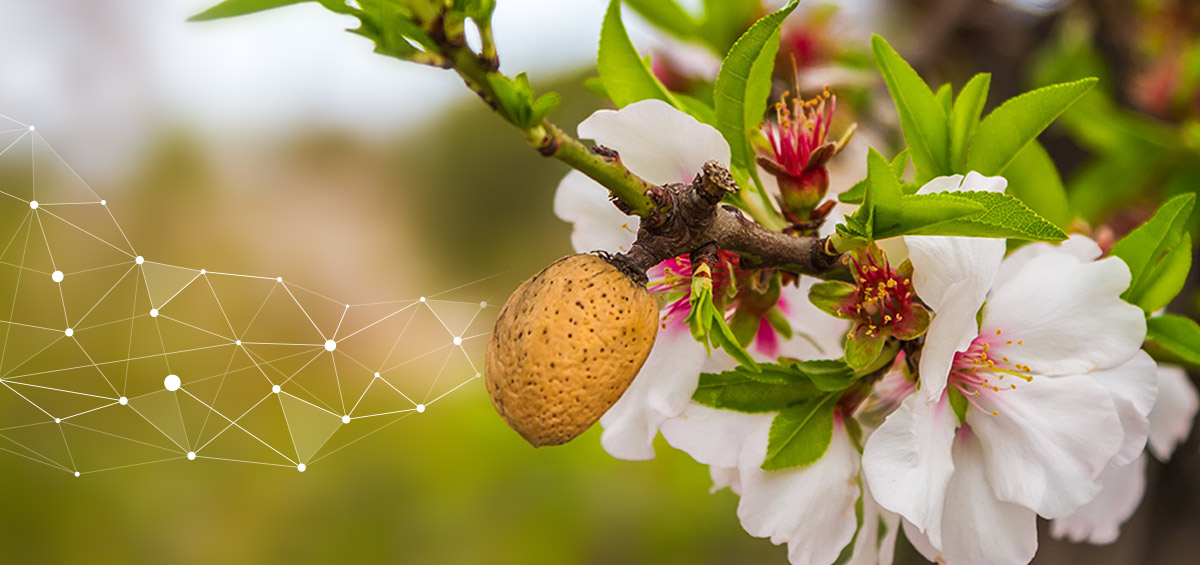Nothing tastes better than fresh and healthy crops harvested at the optimal time of maturity. Some people can’t resist sweet strawberries or peaches, while others can’t imagine their breakfast without a bowl of nutritious cereals. On the other hand, there are also many fans of various colorful vegetables cooked like a meal or served as a fresh salad. Tastes are different, but one thing is sure, most people would like to know the origin of their food.
Table of Contents
What Is Food Traceability
Today, the interest in food traceability systems is increasing throughout the world. Farmers are faced with strong pressure from the food industry to ensure customers’ insight into a complete production process. The end consumers are not the only ones who would like to know what they eat. More and more food providers are openly discussing public health taking priority and calling for further digitalization of farming processes and traceability requirements. Essentially every stakeholder in the food supply chain today is having to consider incorporating food traceability software.
Food Traceability in Regard to Food Safety
Food transparency also plays a key role in the agricultural supply chain. Monitoring agronomic practices and the use of pesticides to ensure compliance with food quality and safety standards is essential for food distributors, food processors and agricultural cooperatives.
Although all farmers can benefit from ensuring food traceability, organic producers are the ones who get the best of food transparency.
Importance of Showcasing Production Efforts
Behind every produced crop, there is a serious effort in working hours of people and machinery, and tracking of raw materials used to secure the largest and most successful yield. Providing track and trace solutions and transparency of the entire production process from field to fork usually includes providing information about the complete production cycle for certain foods. This includes details from a field location to detailed usage of farm materials. Some food producers showcase their production efforts directly to end consumers or other subjects of the agricultural supply chain. There are two reasons why farmers benefit from providing traceability solutions for the entire production process:
- Achieving added value of farm products; by providing an insight into a complete production process, farmers can ensure a stronger market position and higher crop prices.
- Ensuring compliance to food quality and safety standards; by showcasing all farm practices and detailed recordkeeping requirements about the use of agrochemicals by crop and field, farmers can ensure compliance with various food quality and safety standards.
Reducing Losses Due to Product Recalls
Production traceability is incredibly important when it comes to managing business risks and reducing financial losses due to product recalls in the food chain. No one want’s to go through a food recall disaster. Having a complete insight into all food production practices enables food manufacturers to isolate products, maintain food traceability lists and tackle product recalls head-on.
AGRIVI Traceability enables farmers and agri-food stakeholders to track their crop production processes from farm to fork and ensure compliance with food safety regulations. It provides a complete and detailed overview of the entire lifecycle of a product, from its initial planting or harvesting to its purchase by the end consumer, including information on each stage of the product’s production journey, farming location, inputs, and processes involved, and any quality control measures taken to ensure the product’s safety and quality.
Read more about how you can avoid product recalls ahead of time and reduce your financial exposure.
Extra Benefits for Organic Producers
Although all farmers can benefit from ensuring food traceability, organic producers are the ones who get the best of food transparency. Like a reward that comes for higher work efforts, ensuring food traceability enables organic producers to stand out from the mass. That way, they can justify higher crop prices because end customers can see a serious work effort behind every organically produced crop.
By showcasing their production processes, organic farmers also provide proof that they used only organic products. There are consumers, as well as food companies and agricultural collaboratives, who buy only organic products. For this reason, having the possibility to provide simple evidence of their organic practices can be something that directly affects farmers’ possibility to survive on the market.
Benefit for End-Customers: Food Transparency from Farm to Fork
Due to the growing awareness of issues about food safety and the expanding desire for certified product origin, through technological and innovative advances, traceability aims to ensure customer confidence.
Traceability technology can be used to transparently share information on the origin of food products so that customers can make more informed decisions about the food they buy and consume. Whether it be evidence surrounding health and sustainability claims, food safety, or product authenticity, traceability technology provides customers with evidenced information about food products to improve trust.
It can also lead to enhancing companies’ reputation and allows companies to communicate their commitment to sustainability, ethical sourcing, and responsible production practices, which can be a competitive advantage in the marketplace.
Digitalization of Production as a Solution for Easier Traceability
Digital agriculture provides numerous possibilities for farmers and agri-food companies. One of them is ensuring easier production traceability. Farmers who manage their crop production using digital agriculture technologies, such as AGRIVI Farm Management Software, have the opportunity to generate Traceability Reports for their crop production. Also, food and beverage companies and retailers that have their own or contracted crop production can produce their traceability reports.
AGRIVI Traceability enables companies to generate a QR code that leads to the certificate page on the AGRIVI platform and contains the following information:
- Crop origin with transparent details of farm and field where the product comes from;
- Production traceability to show the way the product was produced;
- Compliance with regulatory requirements to confirm food safety;
- Nutrient values of the product to understand its contribution to your daily food values;
- Photos from the field to celebrate the farmers and their efforts in production.
With AGRIVI companies can provide their consumers with transparency and confidence in the food they are consuming. By being able to trace the origin of a product and the processes it has undergone, consumers can be assured that the product they are purchasing is safe and of high quality.
Click here for more information about ensuring production traceability with AGRIVI or reach out to us to secure a DEMO today.
